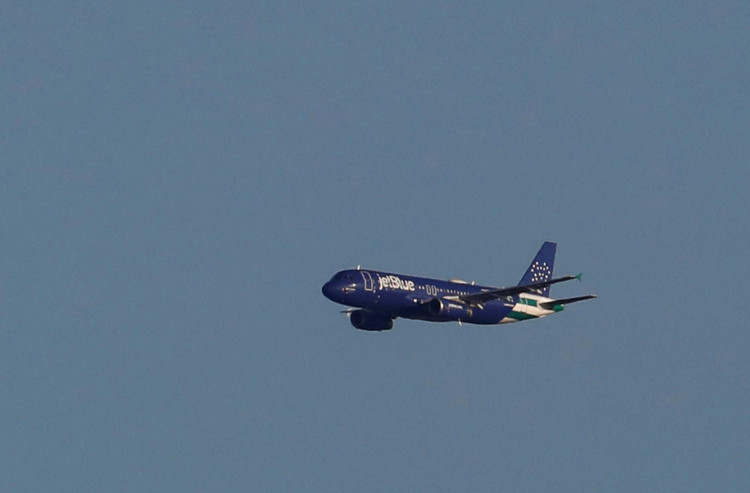JetBlue Airways saw its shares surge by over 15% following the revelation that corporate titan Carl Icahn had acquired a nearly 10% stake in the airline, branding it as undervalued. The disclosure of Icahn's significant investment has stirred the market, coming at a crucial juncture for JetBlue as it endeavors to navigate post-pandemic recovery and the fallout from a thwarted merger with Spirit Airlines.
Icahn's investment strategy was outlined in regulatory filings, revealing a series of acquisitions made in January and February. His intention to engage in discussions concerning possible board representation underscores a proactive approach towards influencing the airline's strategic direction. JetBlue, in response, expressed openness to constructive dialogue with investors, emphasizing its commitment to enhancing shareholder value.
This move marks Icahn's reentry into the airline sector, an industry he previously engaged with during the late 1980s through his contentious involvement with TWA. His investment in JetBlue arrives as the airline embarks on a cost-cutting and operational improvement drive, aimed at regaining profitability amidst challenges such as the COVID-induced travel surge and regulatory hurdles blocking its merger with Spirit Airlines.
JetBlue has contended that the merger was vital for its competitive positioning against larger carriers, a stance that was undermined by a federal judge's ruling against the combination, citing concerns over competition reduction. The airline and Spirit are currently appealing the judge's decision.
The investment by Icahn, known for his activist shareholder endeavors, injects a new dynamic into JetBlue's recovery efforts. The airline's stock performance has lagged behind the broader sector, with a more than 27% decline over the past 12 months, contrasted by the NYSE Arca Airline Index's nearly 7% gain.
JetBlue's leadership transition, with Joanna Geraghty assuming the role of CEO and the appointment of airline industry veterans to key positions, signifies a strategic pivot aimed at steering the airline towards stability and growth. Geraghty's ascent to the CEO position, succeeding Robin Hayes, represents a continuity of leadership, with Hayes remaining on the board chaired by Peter Boneparth.
Icahn's involvement with JetBlue could potentially herald a period of significant transformation for the airline, leveraging his experience in corporate restructuring and strategic realignments. The timing of his investment, coinciding with JetBlue's leadership transition and ongoing strategic initiatives, suggests a critical juncture for the airline as it seeks to navigate the complexities of the current aviation landscape.





